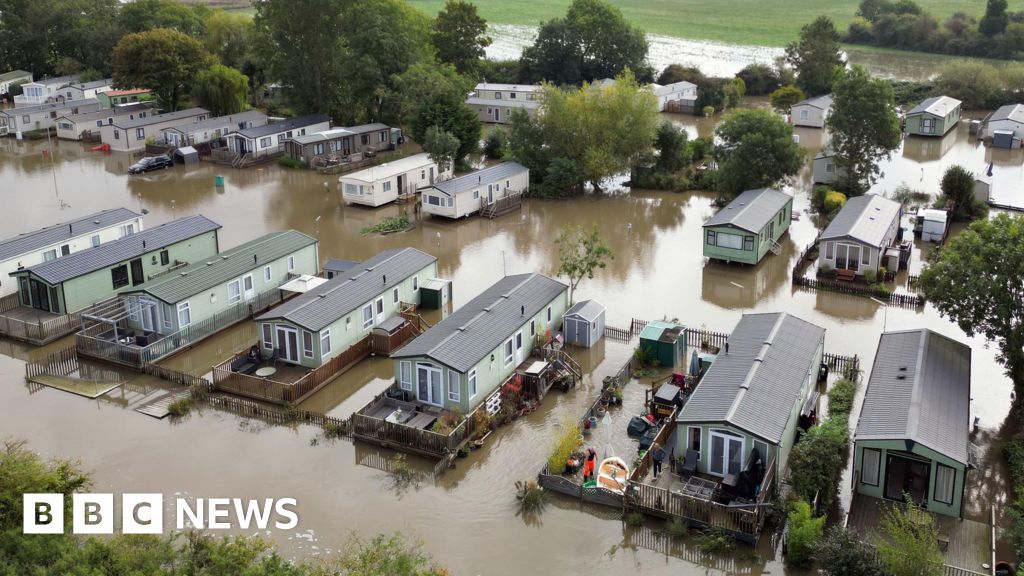The Gaza Strip
The West Bank, including East Jerusalem
The Gaza Strip
As of 13 May 2025, incidents impacting UNRWA premises and the people inside them have been reported since the beginning of the war. UNRWA installations have been impacted by armed conflict-related incidents since the beginning of the war, with some installations impacted multiple times. UNRWA estimates that, in total, at least persons sheltering in UNRWA installations have been killed and at least injured since the start of the war. UNRWA continues to verify and update the number of casualties caused by these incidents.
*Since the start of the war in October 2023, the latest casualty figures are continuously under review as UNRWA gains access to locations that were previously inaccessible and as further verifications occur. The summary figures will be published/updated as information becomes available, noting that these numbers are subject to change once verifications are concluded.
- Up until the start of the ceasefire, at least 1.7 million people were reached with food parcels, of whom at least 215,000 people received two rounds of food parcels since the war started. These include[3] rice, lentils, beans, oil, salt, sugar, milk powder, hummus, halawa, yeast, and canned fish, and are designed to meet the needs of a family of five for two weeks.
- In addition to the distribution of UNRWA food parcels, the Agency has distributed food parcels on behalf of other UN organisations, having reached over 1.4 million people before the start of the ceasefire.
- During the ceasefire, UNRWA reached over 2 million people with critical food assistance. However, due to the siege imposed by the Israeli authorities since 2 March, UNRWA is now completely out of flour and food parcels and therefore forced to halt food distributions.
- Between 1 March and 19 April 2025, UNRWA distributed nearly 270,000 bags of flour, reaching an estimated 88,000 families – or over 700,000 people. Since the ceasefire collapsed and until 8 April, only around 15,500 families (or an estimated 77,500 people) have received UNRWA food parcels.
- Since October 2023, UNRWA has carried out emergency WASH activities across the Gaza Strip. The main activities include operating and maintaining water wells and desalination systems and supplying water with water trucks and bottled water. In addition, UNRWA continues to distribute hygiene kits and maintain hygiene in UNRWA shelters and sites through cleaning supplies, community-based solid waste management and pest control.
- On a daily basis, UNRWA teams provide an average of 3 million litres of water and collect over 200 tons of solid waste. In Gaza overall, UNRWA contributes to 29 per cent of the water sector, 75 per cent of the sanitation sector, 57 per cent of the hygiene sector, and 39 per cent of the solid waste management sector.
- UNRWA water provision and solid waste collection translates into assistance for up to around 420,000 people monthly.
- Between 1 and 14 May, UNRWA teams provided around 30,000 cubic metres of domestic and potable water to displaced people across the Gaza Strip, in addition to around 20,000 pills and chlorination tablets.
- During the same reporting period, three small water wells inside UNRWA shelters in northern Gaza (one in North Gaza and two in Gaza city) have been drilled by WASH partners, allowing UNRWA to reach additional 24,000 displaced people.
- UNRWA continues to provide solid waste collection and transfer services wherever possible. Between 1 and 14 May, around 2,300 tons of solid waste have been collected by UNRWA sanitation teams and transferred to designated temporary dumping sites. Moreover, UNRWA teams cleaned 207 manholes, serving over 37,200 displaced people in different locations across the Gaza Strip.
- During the same reporting period, the team conducted 98 hygiene awareness sessions, 80 cleaning campaigns in different locations benefitting around 38,000 people, and 29 pest and rodent control campaigns in southern Gaza, benefiting over 32,000 people. Due to the ongoing siege, the stock of pesticides in southern Gaza is expected to run out soon, while it has already run out in the middle areas and North Gaza.
from Philippe Lazzarini, UNRWA Commissioner-General:
“Starvation is spreading, people are exhausted and hungry. More and more now, if no aid comes in, we can expect in the coming weeks that people will not just die because of bombardment, but also because of the lack of food.”









